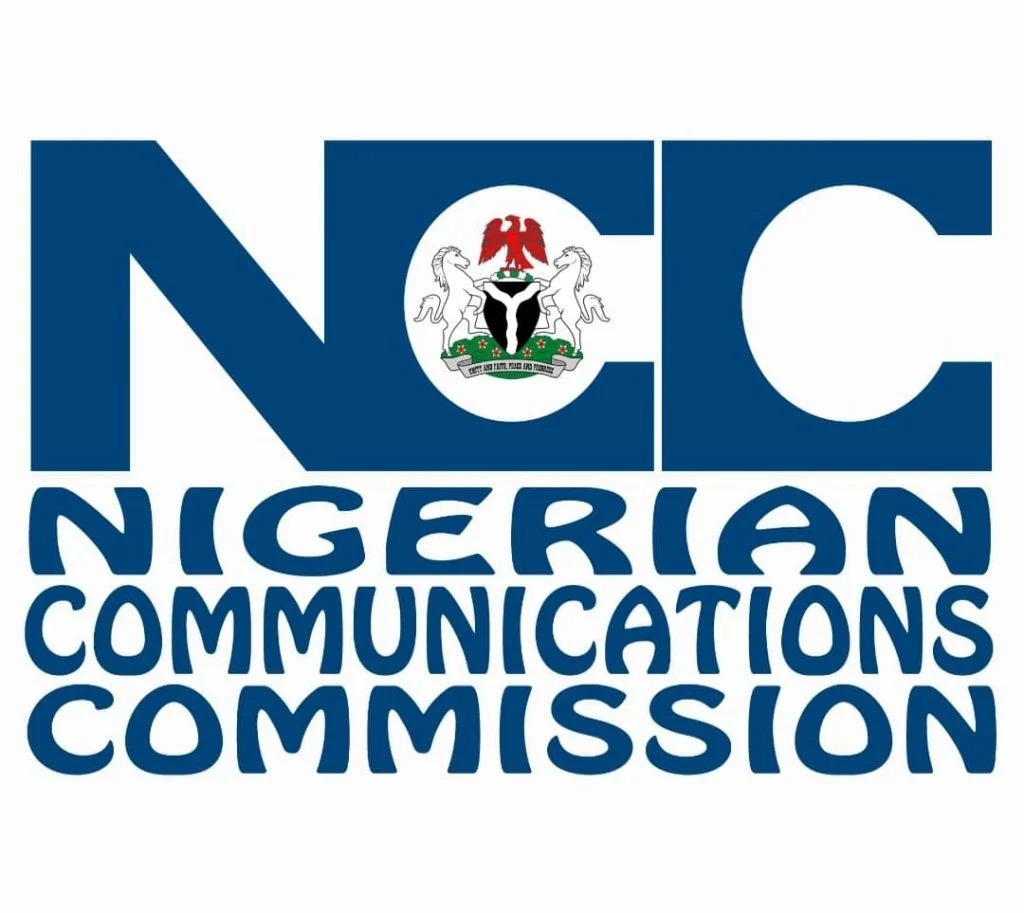Paragraph 1: A Resurgence of Investment in Nigeria’s Telecom Sector
Nigeria’s telecommunications industry is poised for a significant infrastructure upgrade following a period of financial constraints. Telecom operators have placed orders exceeding $1 billion with Chinese original equipment manufacturers (OEMs) for network equipment. This substantial investment, more than double the previous year’s capital expenditure, aims to overhaul and enhance service quality for over 160 million subscribers nationwide. This move signals a renewed focus on capital investment within the sector, which is crucial for supporting the country’s burgeoning digital economy. The Nigerian Communications Commission (NCC), the regulatory body overseeing the industry, confirmed the orders during a stakeholder meeting in Lagos focused on updating the Nigerian Communications Act of 2023.
Paragraph 2: Addressing the Challenges of a Growing Digital Economy
The $75 billion telecom sector in Nigeria faces the challenge of meeting the escalating demand for data and supporting emerging digital services. The NCC emphasizes the importance of robust infrastructure in achieving this goal. The substantial investment in network equipment is a direct response to this need, aiming to provide the necessary foundation for future growth and innovation. The move is expected to significantly enhance network capacity and reliability, thereby improving the overall quality of service experienced by consumers. This proactive approach underscores the commitment of both the regulator and the operators to ensuring that the telecom infrastructure can effectively support the continued expansion of Nigeria’s digital landscape.
Paragraph 3: The Impact of Tariff Increases on Investment
The significant investment in telecom infrastructure follows the NCC’s approval of a 50% tariff increase earlier this year, the first such adjustment in over a decade. Telecom operators had long cited soaring operating costs, exceeding 300% over the past ten years, as a major impediment to investment. Factors such as stagnant tariffs, multiple taxation, and foreign exchange pressures had strained the financial viability of the sector, leading to a drought in capital expenditure. The tariff increase, while initially met with some consumer resistance, was deemed necessary to alleviate these financial pressures and enable operators to invest in network upgrades and expansion. This paved the way for the substantial investment commitments made by the operators, demonstrating a direct link between regulatory adjustments and industry investment.
Paragraph 4: Operators’ Commitment to Service Quality Improvement
The telecom operators have publicly committed to utilizing the increased revenue generated from the tariff adjustment to improve the quality of service for their customers. Complaints regarding dropped calls, poor network coverage, and slow data speeds had become prevalent due to underinvestment in infrastructure. Operators acknowledge the detrimental impact of poor service quality on customer satisfaction and revenue generation, with each dropped call representing a financial loss. They have emphasized their commitment to addressing these issues by investing in network upgrades and expansion, aiming to provide a more reliable and efficient service to their subscribers. This commitment reflects a renewed focus on customer experience and a recognition of the importance of service quality in sustaining growth within the sector.
Paragraph 5: The NCC’s Role in Facilitating Investment and Growth
The NCC plays a pivotal role in fostering a conducive environment for investment and growth within the telecom sector. Facilitating the dialogue between operators and OEMs, as demonstrated by the trip to China, underscores the regulator’s proactive approach to supporting infrastructure development. Furthermore, the ongoing efforts to update the Nigerian Communications Act of 2023 demonstrate a commitment to adapting regulations to meet the evolving needs of the industry and the digital economy. By addressing the concerns of operators regarding operating costs and tariffs, the NCC paved the way for the substantial investment commitments, reinforcing its role as a catalyst for growth and improvement within the sector.
Paragraph 6: The Future of Nigeria’s Telecom Landscape
The significant investment in network infrastructure marks a critical turning point for Nigeria’s telecommunications landscape. It promises improved service quality, enhanced network capacity, and expanded coverage for millions of subscribers. This, in turn, will provide a stronger foundation for the growth of the digital economy, supporting innovation and enabling access to a wider range of digital services. The collaboration between the NCC, telecom operators, and OEMs demonstrates a shared commitment to driving progress within the sector. As the new equipment is deployed and integrated into the existing networks, the impact on service quality and the overall digital experience for consumers will be closely monitored. This investment represents a significant step towards realizing the full potential of Nigeria’s dynamic and rapidly evolving telecom sector.














